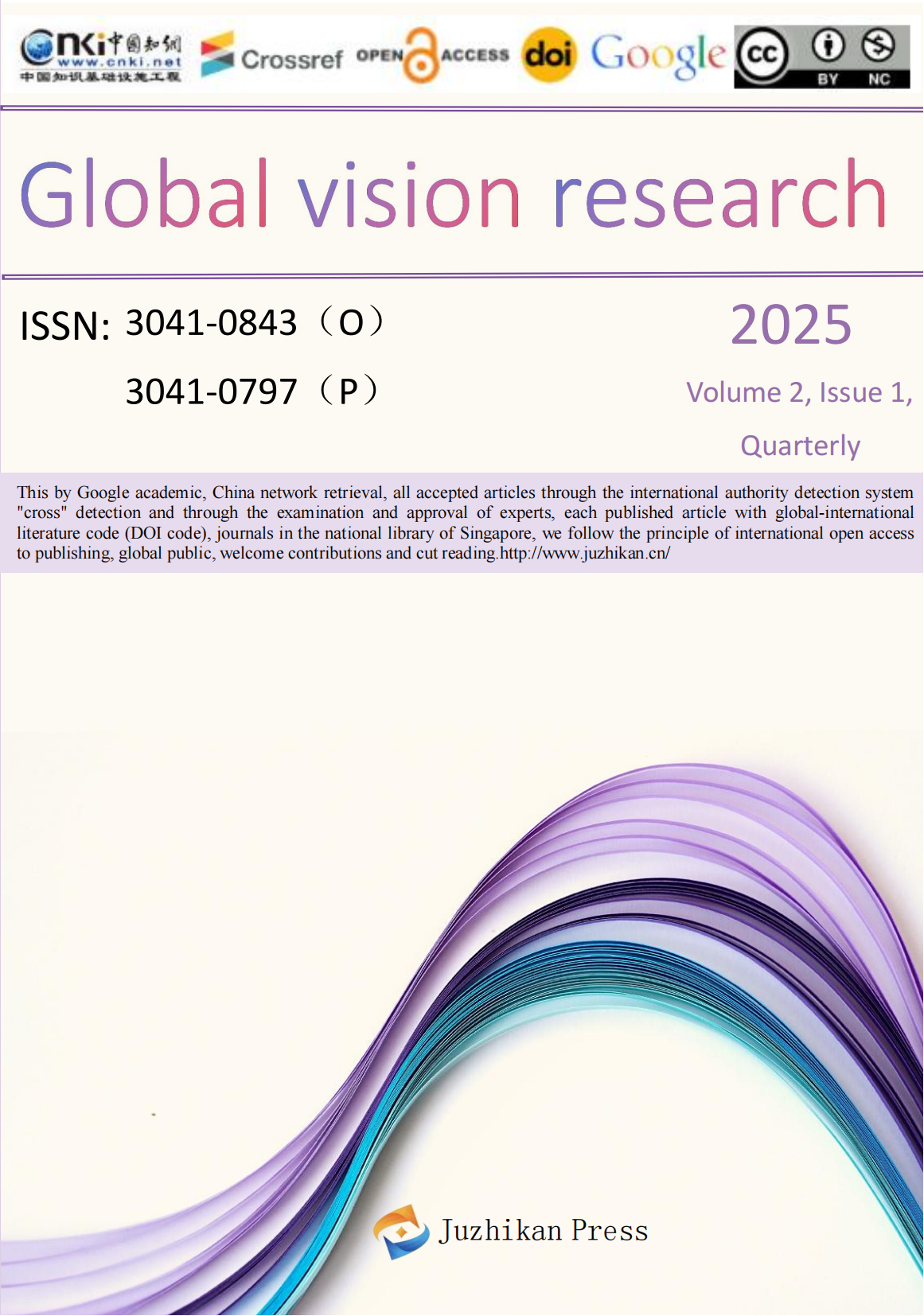
 info@juzhikan.asia
info@juzhikan.asia
 info@juzhikan.asia
info@juzhikan.asia
The Study of Crop Planting Schemes Based on Hybrid Nonlinear Programming
Jialu Xu1 Nier Wu1
1 College of Science, Minzu University of China, Beijing 100081;
Abstract: This study focuses on the specific conditions of rural areas and explores the impact of rational land use and the promotion of organic farming on the sustainable development of rural economies. Using crop yield data from 2023 and relevant plot information, the study applies hybrid nonlinear programming models, stochastic programming models, genetic particle swarm algorithms, and other methods to analyze the effects of land use, crop selection, and planting techniques on rural economies. The results indicate that rational crop selection and optimized planting methods can significantly simplify management, increase yields, and reduce risks. The findings highlight the crucial role of efficient land use in rural economic development and suggest the need for relevant interventions to promote sustainable development in rural areas.
Keywords: Hybrid nonlinear programming model, stochastic programming model, genetic particle swarm algorithm, planting schemes
References
[1] Zhang Chunqin. Fuzzy stochastic optimization model and method for crop planting structure [J]. Anhui Agricultural Science, 2019, 47(18): 243-246+250.
[2] Zhang Fan, Guo Ping, Ren Chongfeng. Application of fractional two-stage stochastic optimization model in crop planting structure optimization [J]. China Rural Water and Hydropower, 2016, (09): 111-114.
[3] Zhang Yan. Expectation value model and sample average approximation method for solving stochastic bilevel programming problems [D]. Liaoning University, 2019.
[4] He Yunlong. Smoothing and sample average approximation methods for solving stochastic symmetric cone complementarity problems [D]. Liaoning University, 2018.